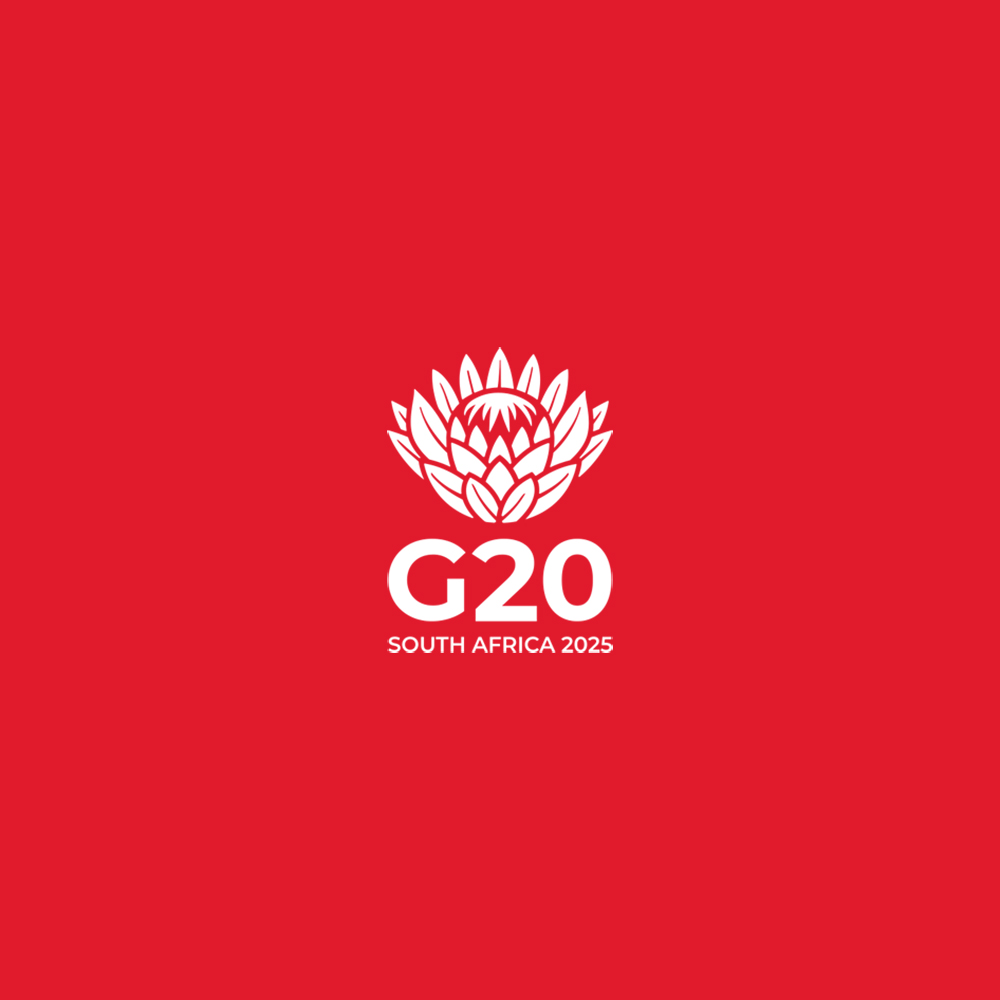Focus:
The ECSWG will broadly focus on four key pillars, each with specific priorities and expected outcomes:
- Biodiversity and Conservation
- Oceans and Coast
- Climate Change and Air Quality
- Chemicals and Waste Management
Priority 1:
Implementation of the Global Biodiversity Framework (GBF)
Expected outcomes:
- Strengthened cooperation in resource mobilisation, financial mechanisms, scientific and technical cooperation; access to and transfer of technology; monitoring and reporting for the implementation and monitoring of the GBF.
- Identify areas of mutual interest on resource mobilisation, scientific and technical cooperation; access to and transfer of technology; monitoring and reporting for the implementation of the GBF.
- Develop and implement joint programme of action.
Priority 2:
Implementation of land degradation neutrality targets
Expected Outcomes:
- Financial commitments from G20 countries mobilised and announced at the Southern Africa Great Green Wall (GGW) Investment Conference hosted by South Africa in collaboration with the Southern African Development Community (SADC) Chair and Vice Chair in 2025.
- G20 countries support the investment plans through technical and financial assistance.
- The capacity of government institutions, non-governmental organisations and civil society to support efforts and initiatives aimed at mitigating desertification, land degradation, and drought, has been built.
- Funding mechanisms to support landowners, communities and conservation entities to implement sustainable land use management have been established and are functioning.
- To ensure that degraded ecosystems are restored while contributing to ecosystem services delivery, climate change adaptation and mitigation.
Priority 3:
Circular Economy
Expected Outcomes:
- Enhanced commitment towards the implementation of national circular economy action plans, and regional, sub-regional and national plans development.
- Enhanced collaboration on circular economy policies and legislative instruments development.
- Capacity building and awareness raising for circular economy implementation and its benefits.
Priority 4:
Waste management
Expected Outcomes:
- Enhanced commitment towards the implementation of national waste management plans, and regional, sub-regional and national plans.
- Enhanced collaboration on waste management policies and legislative instruments development.
- Capacity building and awareness raising for waste management implementation and its benefits.
Priority 5:
Waste to energy
Expected Outcomes:
- Enhanced collaboration on waste-to-energy policies and programmes.
- Capacity building and awareness raising for waste-to-energy implementation and its benefits.
Priority 6:
Extended Producer Responsibility (EPR) implementation
Expected Outcomes:
- Enhanced commitment towards the implementation of EPR policy and programmes.
- Enhanced collaboration and best practices on implementing EPR in G20 countries.
- Capacity building and awareness-raising for EPR implementation and its benefits.
Priority 7:
Just Transition
Expected Outcome:
- Enhanced collaboration and sharing of experiences and best practices as well as resource mobilisation opportunities to support the Just Transition within G20 countries.
Priority 8:
Loss and Damage
Expected Outcome:
- Enhanced collaboration in addressing loss and damage in developing countries, including technical support, capacity building and sharing of experiences and best practices.
Priority 9:
Adaptation—Climate Resilient Development (CRD)
Expected Outcome:
- Enhanced technical partnerships to support implementation of strategies to achieve adaptation and resilience, particularly in the global South.
Priority 10:
Climate Finance
Expected Outcome:
- Enhanced climate finance mobilised for G20 countries, particularly developing countries.
Priority 11:
Air Quality
Expected Outcome:
- Develop programmes and share best practices that address air pollution from industry, as well as in indoor settings and in urban areas.
Priority 12:
Marine spatial planning (MSP)—ocean governance
Expected Outcomes:
- Best practices on the development of comprehensive MSP processes.
- Identify capacity gaps, needs, and interventions to improve implementation of MSP.
- Development guidance tool for the approach to spatial management system for marine areas planning.
Priority 13:
Addressing marine plastic pollution
Expected outcomes:
- Legacy plastic pollution: strengthened cooperation, capacity, and sharing of best practices to address legacy plastic pollution in coastal areas to prevent further leakage into the marine environment.
- Abandoned, discarded and lost fishing gear (ADLFG): improved understanding of plastic losses and leakages from ADLFG and measures (practical and policy-based) to address it.
- Plastics from ships: improvement of the management of plastic waste from ships, especially in commercial harbours and strengthening of implementation of the International Maritime Organisation Strategy to Address Marine Litter from Ships.
- Harmonisation and standardisation of marine litter monitoring procedures and protocols: review and harmonisation of monitoring and modelling procedures in anticipation of reporting and assessment obligations under the new internationally legally binding instrument on plastic pollution currently under negotiation.






























